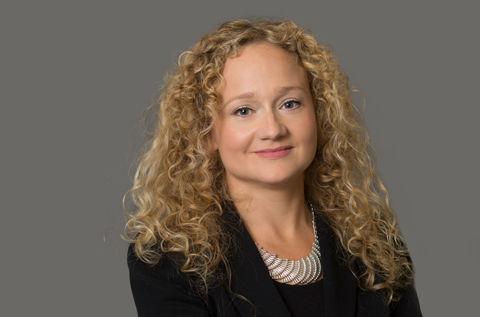Covid-19 Public Inquiry: What you can expect from Module 2
07/09/22The Covid-19 Inquiry has opened its second investigation, Module 2, which is primarily focussed on the decisions made by the UK and devolved governments.
Module 2 will look at the decisions taken by the Prime Minister and the Cabinet, as advised by the Civil Service and other advisers – including scientific advisers. Module 2A will examine the decisions of the Scottish Government, Module 2B will look at the Welsh Government and Module 2C will consider the decisions of the government of Northern Ireland.
Scope and timeframe
The proposed timetable for Module 2 (and Modules 2A, 2B and 2C) is as follows:
- The window for applying for core participant status opened on 31 August and will close on 23 September.
- Preliminary hearings will be held in late autumn 2022.
- Witnesses will give evidence in summer 2023.
The Inquiry has provided further details about Module 2 in its Provisional Outline of Scope document. This document is still subject to submissions from Counsel to the Inquiry and Core Participants.
The Inquiry clarifies that the timeframe it will be considering in Module 2 is between early January 2020 and February 2022 when the remaining Covid restrictions were lifted.
Module 2 will consider the:
- decision-making of the Prime Minister and the Cabinet in detail
- access to, and use in decision-making of, medical and scientific expertise, data collection and modelling in relation to the spread of the virus. This will include the dissemination of data between the government, the NHS and the care sector. This proposal clearly has the potential to draw into Module 2 bodies other than central government.
- Public health and coronavirus legislation and regulations that were proposed and enacted; their proportionality and enforcement. Given that enforcement was a matter for the police, it is anticipated that the Inquiry will be interested in examining the approaches of police forces across the country to enforcement and how these approaches might have varied.
How Capsticks can help
It is anticipated that Module 2 will be highly contentious because of its substantial focus on the decisions of central government in relation to the imposition of “non-pharmaceutical interventions” (NPIs) including national lockdowns. But, as set out above, it is likely that, given the proposed scope of the Module, other organisations will have involvement in Module 2 as well.
We have previously discussed the benefits of core participant status and we can fully support you with this issue. Having been closely involved in establishing and working on statutory public inquiries and other major investigations for many years, our experts have been first-hand experience of all major statutory public inquiries over the last decade.
For further information on the services we can provide both now and as the Inquiry process continues to take shape, please follow this link.
If you have any queries around what's discussed in this article, and the impact on your organisation, please speak to Francis Lyons, Georgia Ford, Hugh Giles, Adam Hartrick or Naomi McMaster to find out more about how Capsticks can help.









